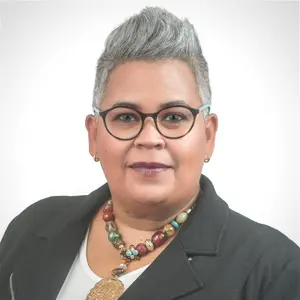Health Management Associates is an independent, national research and consulting firm specializing in publicly funded healthcare and human services policy, programs, financing, and evaluation. We are a team of more than 700 experts with vast experience in every facet of the healthcare system. Through skilled analysis, guidance and technical know-how, our consultants help a wide range of clients successfully navigate the healthcare space.
The nation’s top healthcare experts, working for you.

Kristie Lee
Kristie Lee Senior Consultant

Jay Shannon MD
Jay Shannon MD Principal

Nora Carreras MPA
Nora Carreras MPA Associate Principal

Cara Henley
Cara Henley Principal

Robert Muschler
Robert Muschler Senior Associate

Linda Follenweider MS, APRN
Linda Follenweider MS, APRN Managing Director, Justice Involved Services

Karl Matzinger
Karl Matzinger Senior Consultant

Gelmy Ruiz MPA
Gelmy Ruiz MPA Senior Consultant
Keep up to date with the HMA Weekly Roundup.
Every Wednesday you’ll receive expert insights in publicly-sponsored health policy, industry news, the latest RFP calendar, and more.




